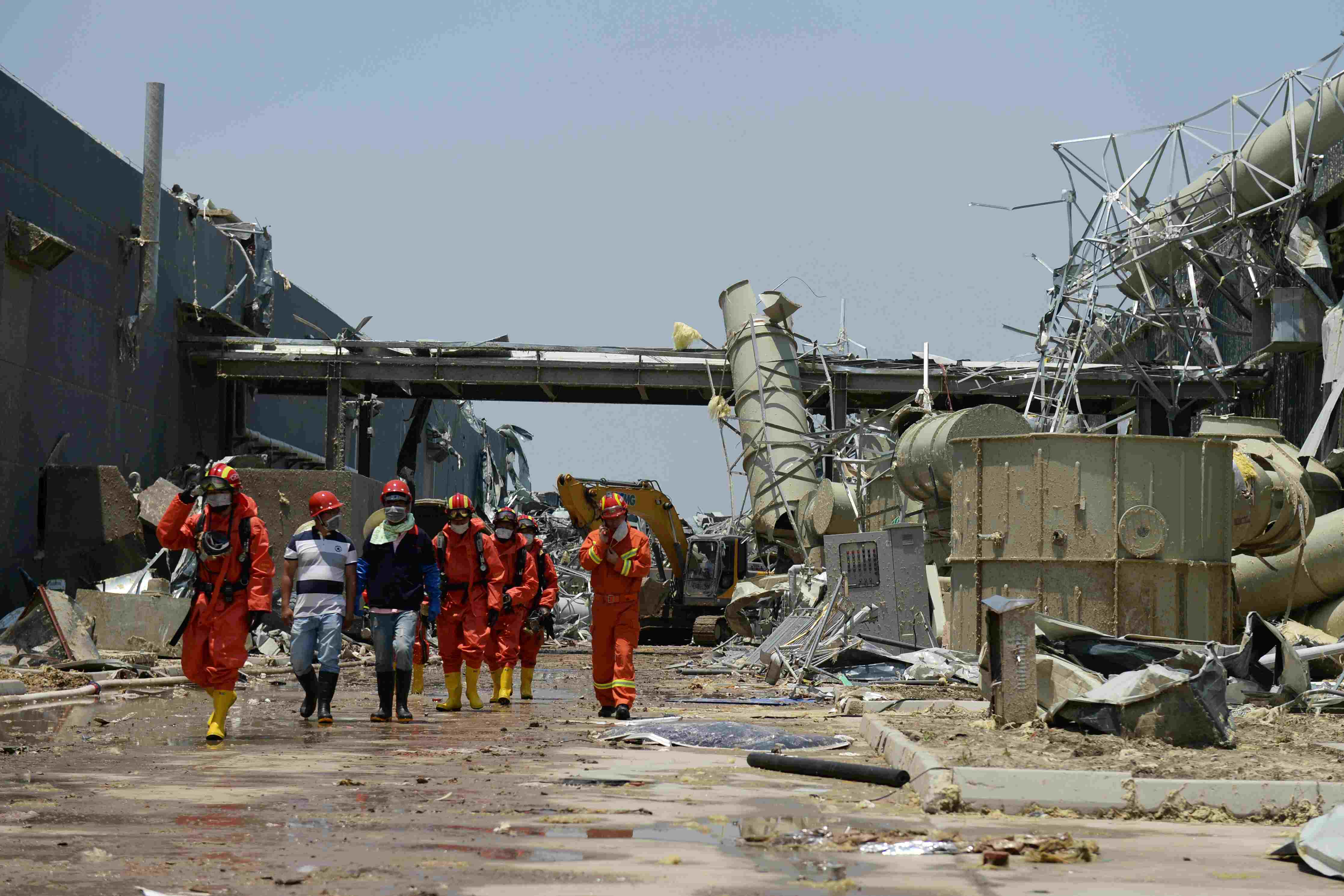When Emergencies Strike in a Refinery: Can Your Communication System Handle the Pressure?
Explosion-Proof Radio
In a refinery, the line between smooth operations and sudden crisis is razor-thin. A leaking valve, a small fire, or a power outage can escalate within minutes. In those moments, communication is no longer a convenience—it becomes the backbone of safety and response. The question is: can your communication system withstand the pressure when it matters most?

The High-Stakes Nature of Refinery Emergencies
Refineries are among the most complex and high-risk industrial sites in the world. Every day, thousands of workers operate around explosive gases, massive processing units, and intricate pipe racks. Emergencies come in many forms:
- A fire igniting at the flare stack during routine maintenance.
- A gas leak detected in a tank farm during night shift.
- An electrical failure in the control room that halts key monitoring systems.
- A worker injury inside a confined space such as a reactor or basement tunnel.
In all these situations, one thing is constant: time is critical. A delayed message, a call that doesn't go through, or a dispatcher without full visibility can turn a manageable incident into a full-blown disaster. Traditional communication systems often struggle under these conditions, with blind spots, dropped calls, or network overloads leaving teams exposed.
What a Strong Communication System Looks Like
A resilient communication system in a refinery should work like the plant's nervous system—sensing, transmitting, and responding instantly under stress. Here are the essentials:
Instant Push-to-Talk (PTT): In an emergency, workers can't scroll through menus or dial numbers. A single button must immediately raise the alarm and connect them with the right teams.
Explosion-Proof Devices: Radios and terminals must be intrinsically safe and certified for ATEX/IECEx/CSA environments. A device that sparks or overheats could itself trigger a disaster.
Seamless Coverage Everywhere: Tank farms, underground tunnels, and pipe racks are notorious for creating dead zones. Reliable systems ensure no worker is ever “out of range.”
Unified Command and Dispatch: The control room must see the full picture—voice, GPS locations, sensor alarms, even real-time video feeds—on one integrated platform. This breaks down silos and speeds up decision-making.
Failover and Backup: Emergencies often overload single channels. A robust system automatically switches to backup networks, whether DMR, LTE, or satellite, keeping communication flowing.
Real Refinery Incidents
Let's take a real example: A distillation unit overheats, releasing smoke and triggering alarms. An operator in protective gear presses the emergency button on their Hytera radio. Within seconds, their location and alert appear on the dispatcher's console. Nearby workers are immediately informed, and the fire response team is mobilized. The dispatcher also pulls live camera feeds from the unit, guiding responders safely through smoke-filled areas.
In another case, a chemical leak spreads in the tank farm during a storm. Traditional systems might collapse under heavy traffic. But a converged system—combining PMR, LTE, and satellite—ensures uninterrupted coordination between field workers, the refinery's emergency command center, and local fire departments.
These scenarios highlight one truth: when pressure is highest, communication must be instant, reliable, and fail-safe.
Why Hytera?
At Hytera, we understand the unique challenges of oil and petrochemical operations. Our solutions are purpose-built for environments where reliability and safety cannot be compromised.
Intrinsically Safe Radios: Certified explosion-proof devices keep workers protected in hazardous zones.
25Converged Networks: PMR, LTE, and satellite integration deliver coverage everywhere—from control rooms to remote tank farms.
Fast Deployment Solutions: UAVs, emergency vehicles, and portable base stations can quickly restore or expand coverage in dynamic situations.
10Smart Command Platforms: Real-time voice, video, and GIS-based dispatching empower decision-makers with total visibility.
With Hytera, communication becomes more than a tool—it becomes a lifeline that ensures safety, coordination, and efficiency when emergencies strike.
Emergencies will always test the limits of your refinery. Fires, leaks, or sudden failures will happen—it's the nature of the industry. The real question is: will your communication system rise to the challenge, or will it fail when you need it most? With a system built for resilience, your teams can act faster, respond smarter, and protect both people and assets. That's the power of communication you can depend on.






